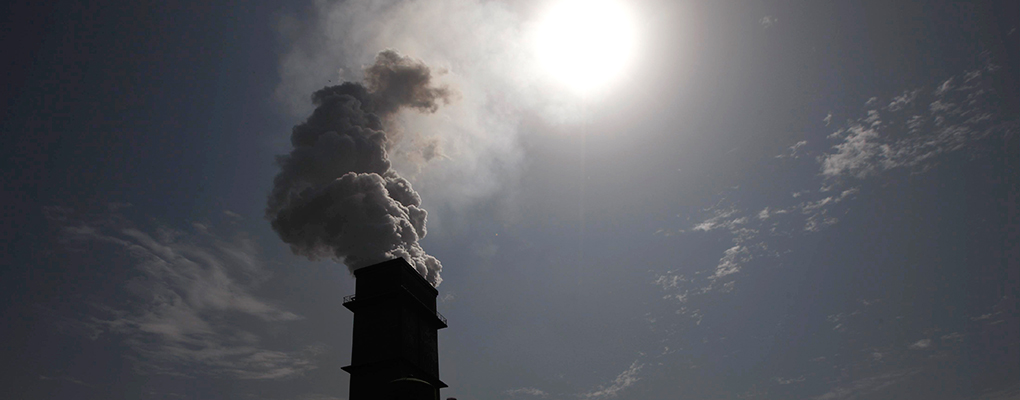
China’s coal imports amounted to 49.07 million during the first three months of the year, falling by 43 percent in comparison to the same period last year. This sharp decline can be attributed to a number of reasons, the most significant being China’s recent economic slowdown. As a result, demand from the industrial sector has slumped drastically, particularly as the practice of power plants purchasing extra coal in order to build stockpiles has ceased.
Chinese suppliers continue to be inflicted by debt
and oversupply
Stricter standards recently implemented for foreign coal so as to boost the domestic market have further accentuated the fall in imports. Yet, Chinese suppliers continue to be inflicted by debt and oversupply, while prices from overseas remain competitive.
Fewer coal purchases has been coupled with stricter regulations for traditional heavy industries as authorities make a more rigorous effort to reduce pollution. “Environmental pollution is a blight on people’s quality of life and trouble that weighs on their hearts,” Premier Li Keqiang told the National People’s Congress last month. “We must fight it with all our might.”
Beijing is also implementing a number of policies to make the country less energy-dependent; such as limiting the number of fuel intensive projects in badly polluted areas. Plans to reduce the annual consumption of coal by 176 million tonnes will have a direct impact on miners from the Western states of the US and Australia; both of which have experienced soaring sales as China’s energy demands rose exponentially during the peak of its economic boom.
Furthermore, as China continues to invest heavily in diversifying its energy mix, many believe that the glory days for international coal suppliers are over. Yet Australian industry experts remain hopeful that this is not the case; as China continues to grow, the process of industrialisation and urbanisation is set to continue. According to a report published by the Minerals Council of Australia, around nine million people per annum are added to urban areas, thereby propping up China’s electricity consumption and maintaining growing demand – albeit at a slower rate.


